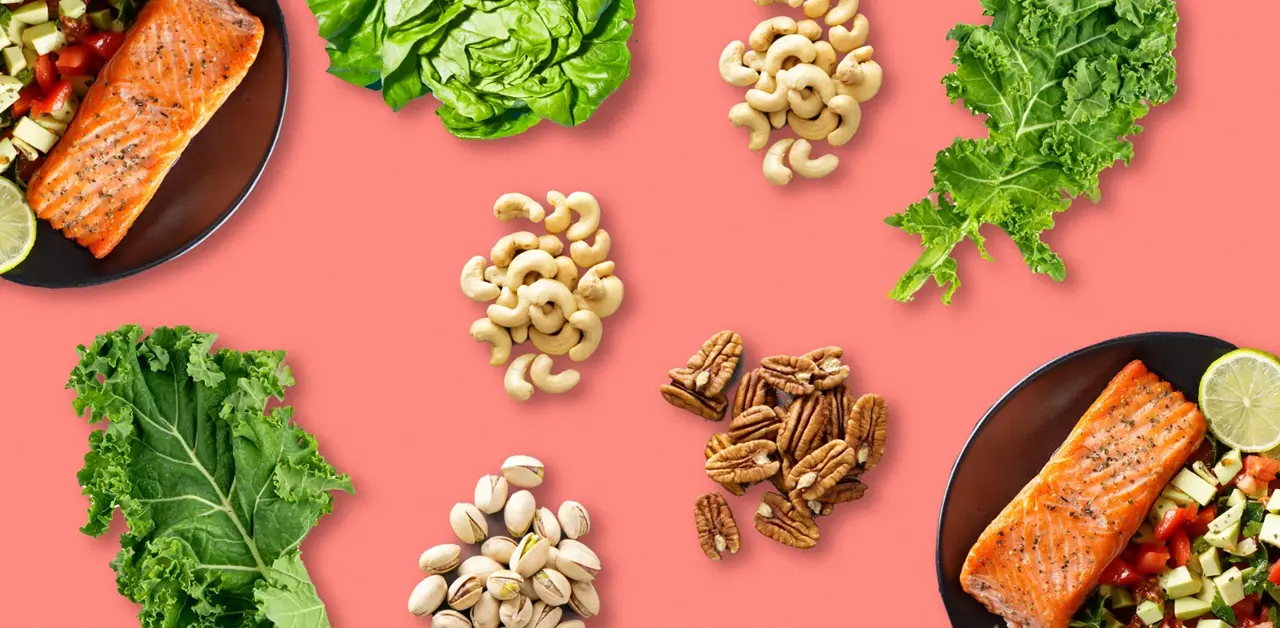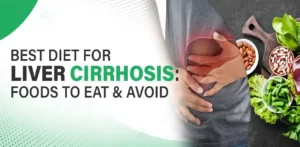Contents
Hyperthyroidism, or an overactive thyroid, occurs when the thyroid gland produces excessive amounts of thyroid hormones. This can lead to symptoms such as rapid heartbeat, weight loss, and nervousness. Managing this condition often involves medication and lifestyle changes, particularly in diet. By focusing on a hyperthyroidism diet and knowing which foods to avoid and which to embrace, you can help manage your symptoms and support your overall health.
Understanding Hyperthyroidism and Its Symptoms
The thyroid gland, located in the neck, plays a crucial role in regulating metabolism through the release of thyroid hormones, primarily thyroxine (T4) and triiodothyronine (T3). When the gland becomes overactive, it releases too much of these hormones, accelerating the body’s metabolic processes.
Common symptoms of hyperthyroidism include:
- Rapid or irregular heartbeat
- Unintended weight loss
- Nervousness or irritability
- Increased appetite
- Tremors in the hands or fingers
- Sweating and heat intolerance
- Fatigue and muscle weakness
The Importance of a Hyperthyroidism Diet
Diet plays a significant role in managing hyperthyroidism. Proper nutrition can help control symptoms and improve overall well-being. Here are key aspects to consider:
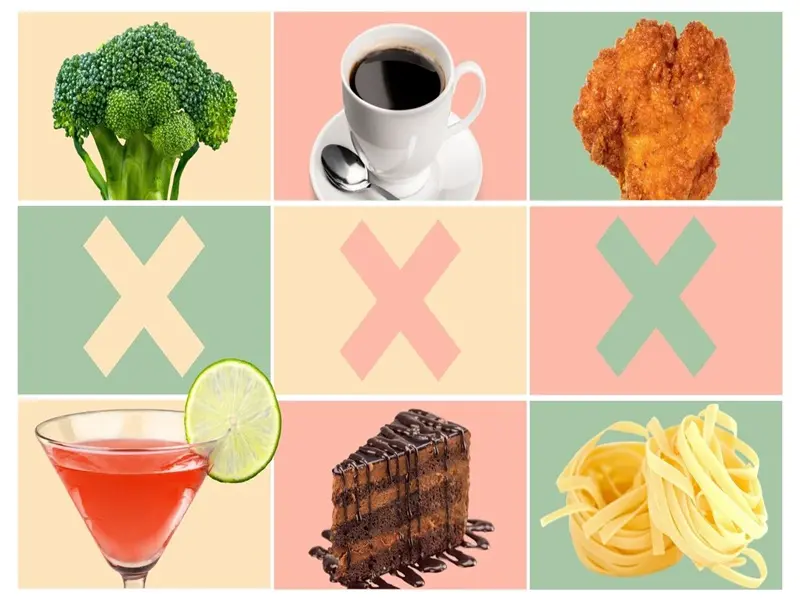
Foods to Avoid with Hyperthyroidism
Certain foods can exacerbate hyperthyroidism symptoms and should be limited or avoided:
- Iodine-Rich Foods: Excessive iodine can stimulate the thyroid. Avoid seaweed, iodized salt, and seafood.
- Caffeine: Found in coffee, tea, chocolate, and some sodas, caffeine can increase nervousness and heart rate.
- Alcohol: Can interfere with thyroid function and hormone levels.
- Gluten: Some individuals with hyperthyroidism may also have a sensitivity to gluten.
Best Foods for Hyperthyroidism
Incorporating the right foods into your diet can support thyroid health:
- Cruciferous Vegetables: Broccoli, cauliflower, and Brussels sprouts can help reduce thyroid hormone production.
- Berries: Rich in antioxidants, they support overall health.
- Lean Proteins: Chicken, turkey, and tofu provide essential nutrients without excessive fat.
- Whole Grains: Brown rice, quinoa, and oats offer fiber and essential nutrients.
- Nuts and Seeds: Almonds, flaxseeds, and sunflower seeds are great sources of healthy fats and minerals.
Also Read: “Heart-Healthy Foods: Your Comprehensive Guide to a Heart Disease Diet”
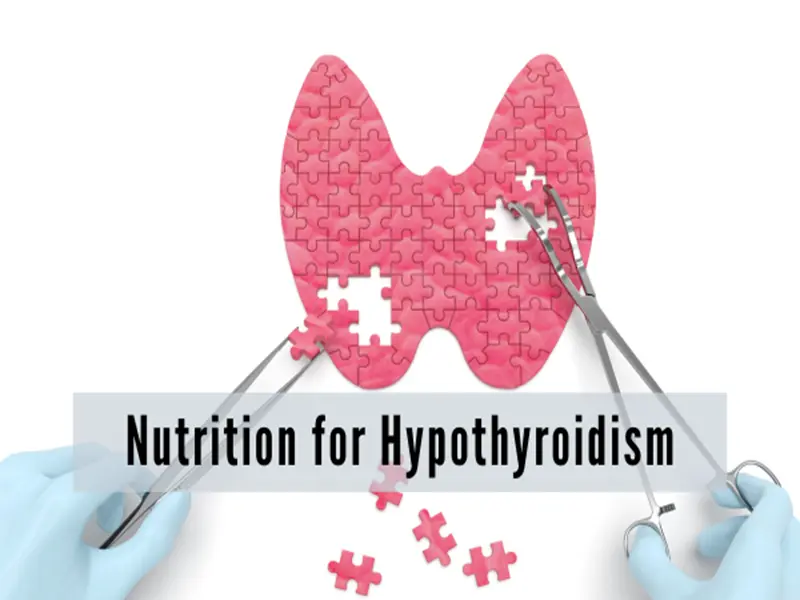
Nutrition for Hyperthyroidism Management
Adopting a balanced diet tailored to your condition is essential. Here are some hyperthyroidism nutrition tips to keep in mind:
- Stay Hydrated: Drink plenty of water to stay hydrated and support metabolic functions.
- Balanced Meals: Ensure each meal contains a mix of protein, healthy fats, and complex carbohydrates.
- Frequent, Small Meals: Eating smaller, more frequent meals can help manage hunger and stabilize energy levels.
- Monitor Nutrient Intake: Pay attention to vitamins and minerals such as vitamin D, calcium, and magnesium, which are important for bone and overall health.
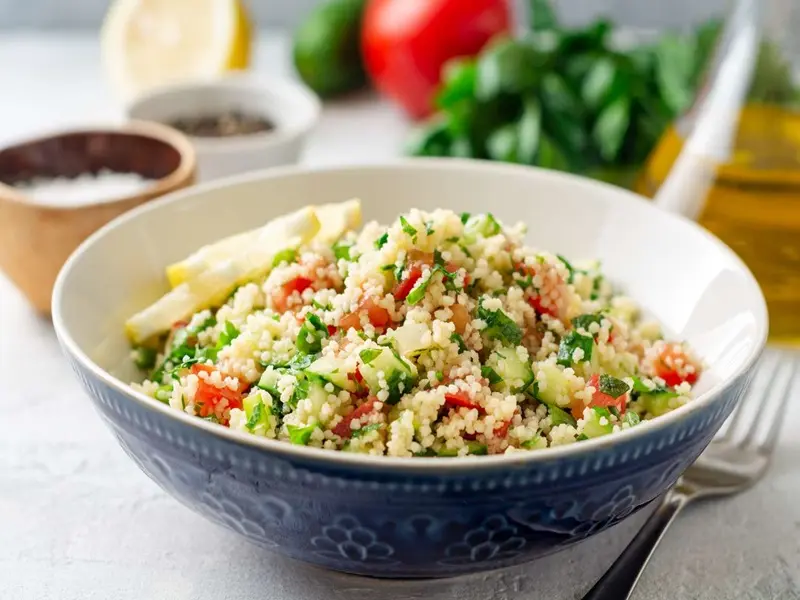
Hyperthyroidism-Friendly Recipes and Meal Ideas
Creating hyperthyroidism-friendly meals can be both delicious and nutritious. Here are a few meal ideas to get you started:
Breakfast
- Berry Smoothie Bowl: Blend berries, a handful of spinach, and almond milk, then top with nuts and seeds.
- Oatmeal with Flaxseeds and Berries: A warm, comforting start to your day packed with fiber and antioxidants.
Lunch
- Grilled Chicken Salad: Mix greens with grilled chicken, avocado, and a light vinaigrette.
- Quinoa and Vegetable Stir-Fry: Sauté a mix of your favorite vegetables with quinoa for a protein-rich meal.
Dinner
- Baked Salmon with Asparagus: A simple, nutritious meal rich in omega-3 fatty acids.
- Stuffed Bell Peppers: Fill bell peppers with brown rice, black beans, and a variety of vegetables.
Snacks
- Hummus with Carrot Sticks: A tasty, protein-packed snack.
- Almonds and Fresh Fruit: A quick and easy way to boost your energy.
Ordering Healthy Food with IntRest
Living with hyperthyroidism requires mindful eating, but finding the right foods can be challenging, especially when dining out or ordering in. That’s where IntRest comes in. IntRest categorizes restaurant menus according to your specific dietary needs, including diseases, allergies, and diet preferences.
With IntRest, you can easily find and order healthy meals tailored to manage your hyperthyroidism. Whether you are looking for hyperthyroidism-friendly recipes, healthy meals, or just searching for “healthy food near me” or “restaurant near me,” IntRest helps you make the best choices for your health.
Conclusion
Managing hyperthyroidism involves a comprehensive approach, including medication, lifestyle changes, and most importantly, a well-balanced diet. By focusing on the right foods and avoiding those that can exacerbate your symptoms, you can better control your condition and improve your quality of life. And with IntRest, finding and ordering healthy food that fits your needs has never been easier.
Stay informed, eat well, and take control of your health with these hyperthyroidism nutrition tips and meal ideas. Visit IntRest today to explore a variety of healthy food options tailored to your specific dietary needs.
